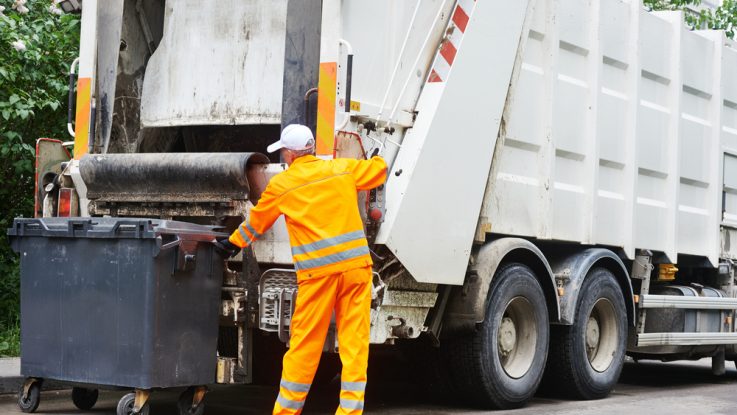
The New York City Council recently passed five bills in a bid to accelerate organics diversion efforts, codify zero waste targets, and expand recycling access. The “Zero Waste” bills will require the city’s Department of Sanitation (DSNY) to:
- offer residential curbside organics collection citywide by October 2024. Participation would be mandatory, and building owners could receive compliance violations starting in April 2025;
- formally establish a goal of diverting 100% of “citywide-generated recyclable waste” from landfills or incinerators by 2030 and to deliver regular reports on the goal’s feasibility;
- present a plan by January 2024 on achieving this goal and then submit annual reports, starting in October 2024, on a detailed range of data and factors about recycling systems;
- establish at least two drop-off recycling centers in each community district – of which there are 59 – by the end of 2024 and host one community recycling event in each district per year. The centers would accept “inorganic material that is not collected through regular curbside collection but that can be recycled or reused,” with one center per borough accepting hazardous waste; and
- establish at least 30 organic waste drop-off sites citywide by April 2024, with at least three in each borough.
DSNY will make outreach and education materials available “to inform residents” about the program and teach them “how to separate organic waste.”
“A good waste system is not simply a matter of convenience, but a matter of environmental justice and equity,” said Council Member Sandy Nurse, chair of the council’s sanitation committee and a lead sponsor on the package. “These bills are an act of real solidarity with communities that are fighting for clean air and water, like in New Jersey, Pennsylvania and upstate New York, where we send millions and millions of pounds of waste every day.”